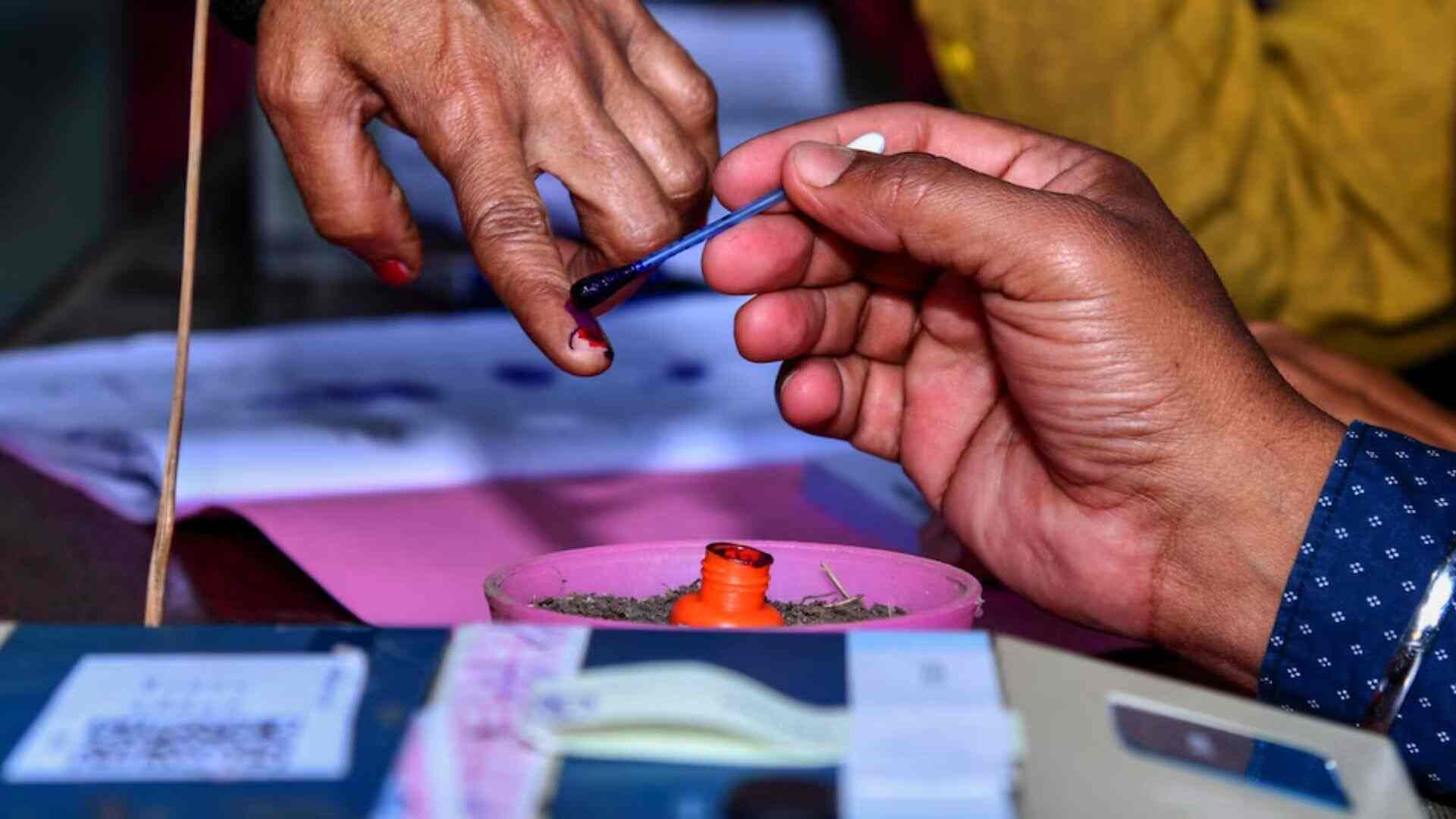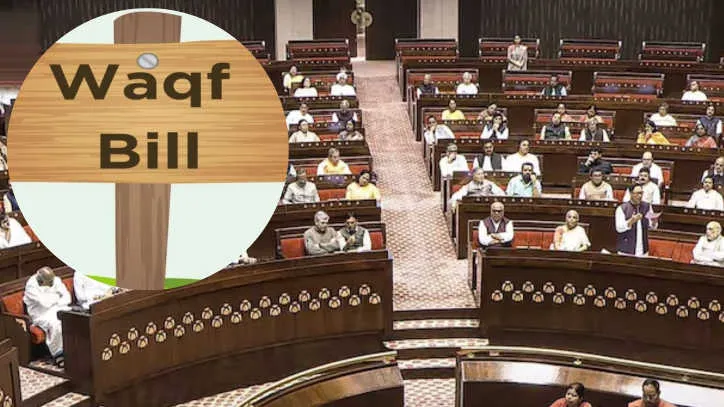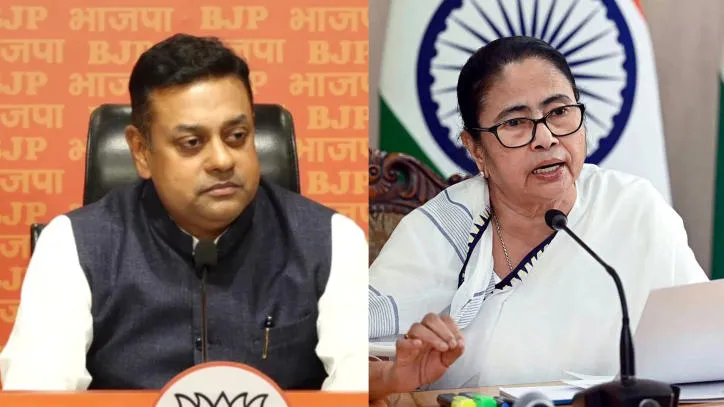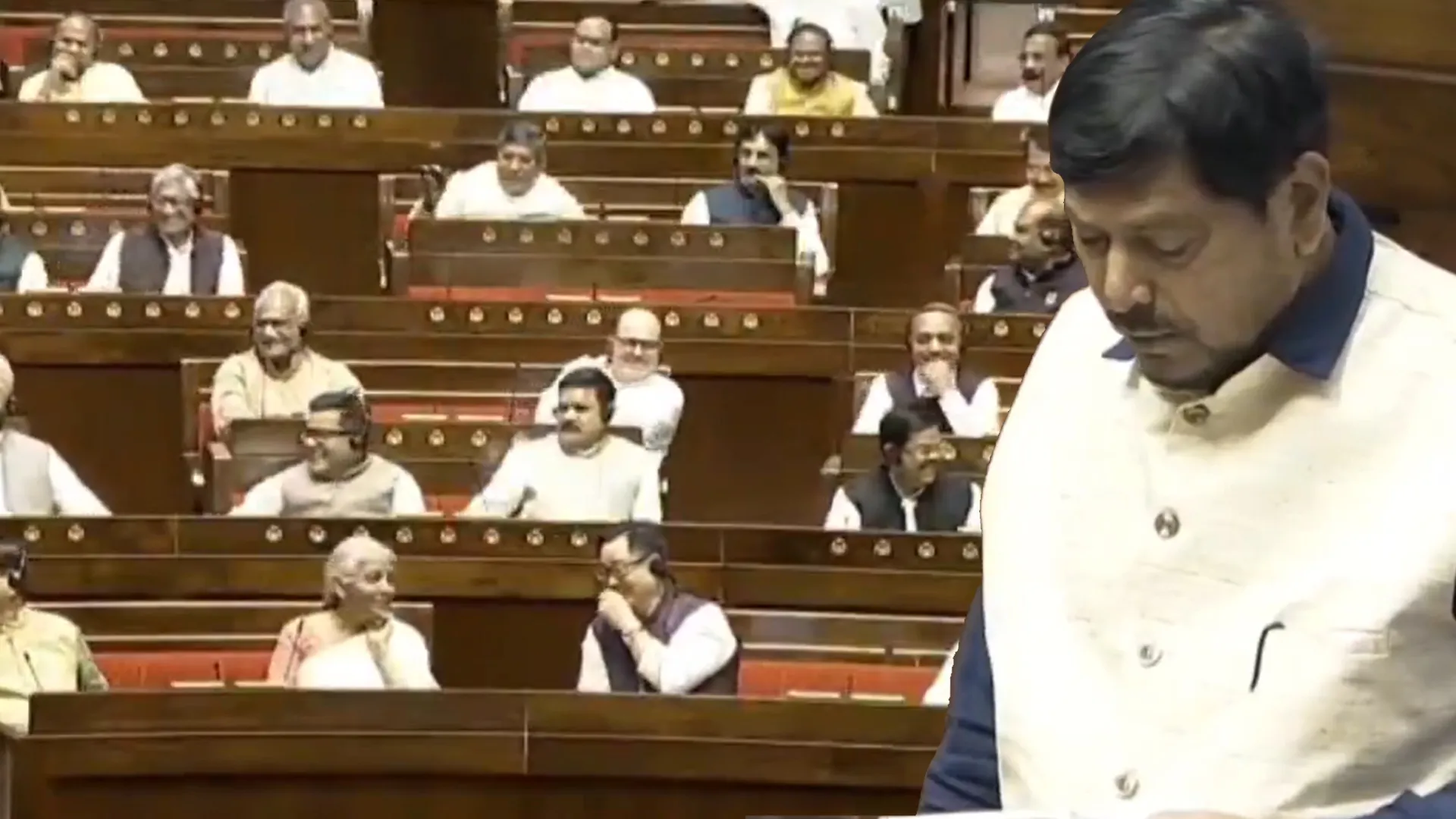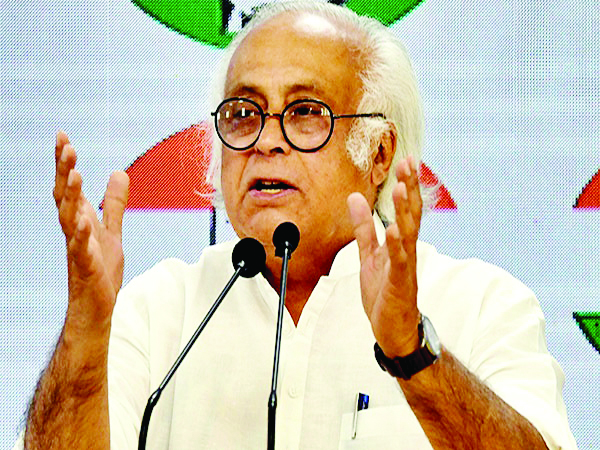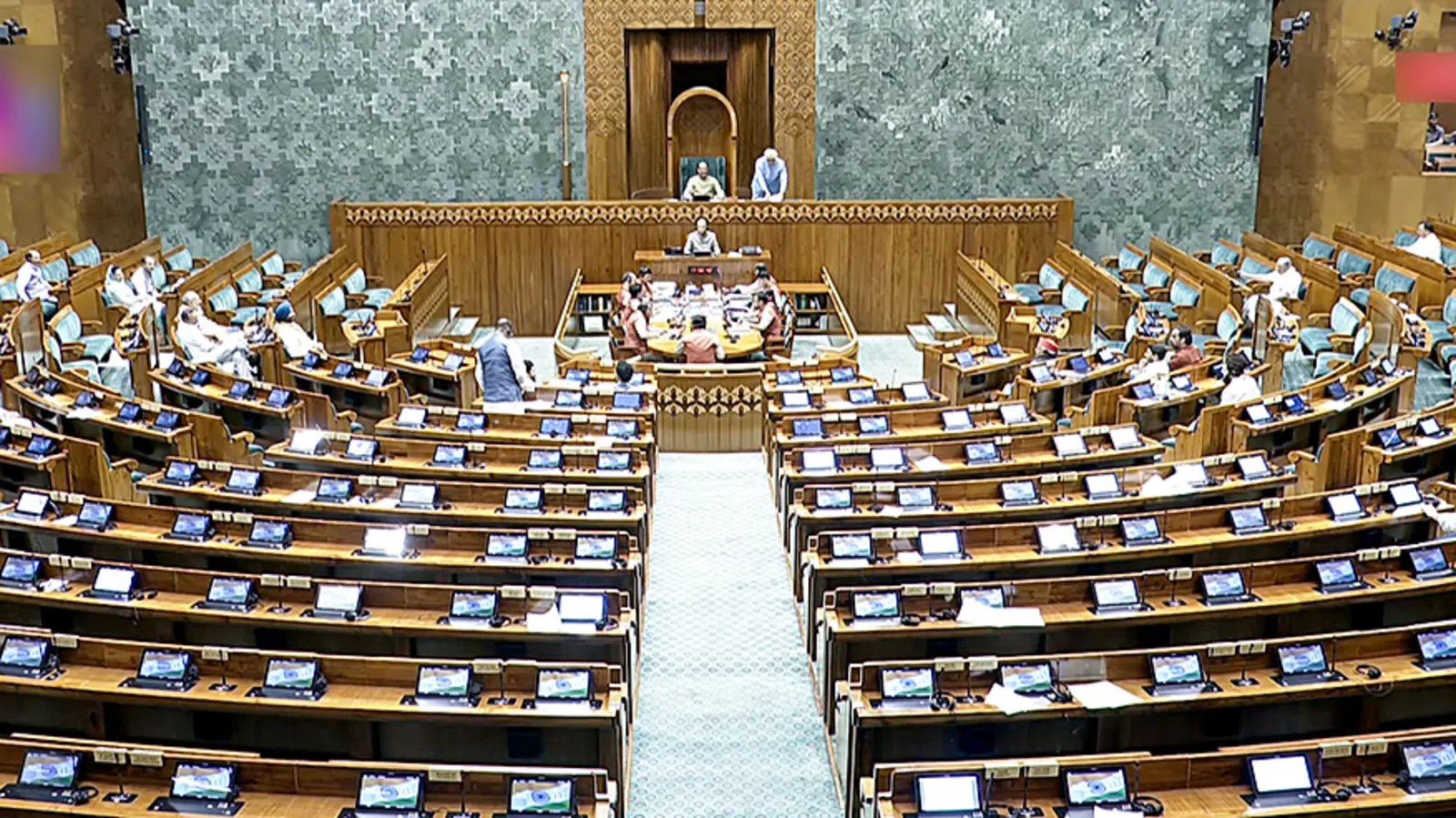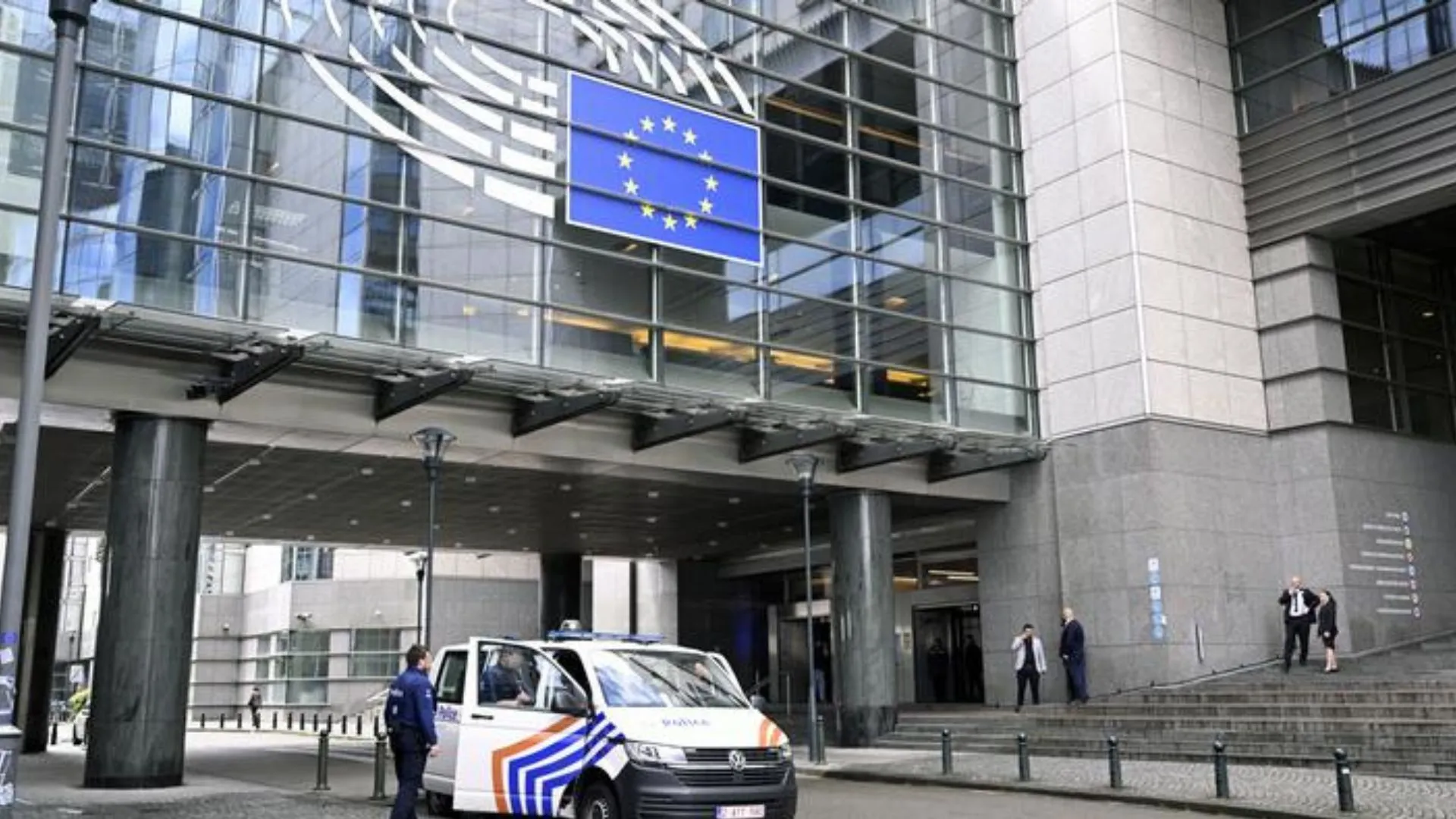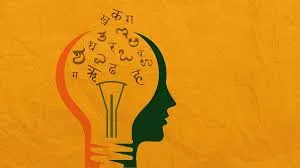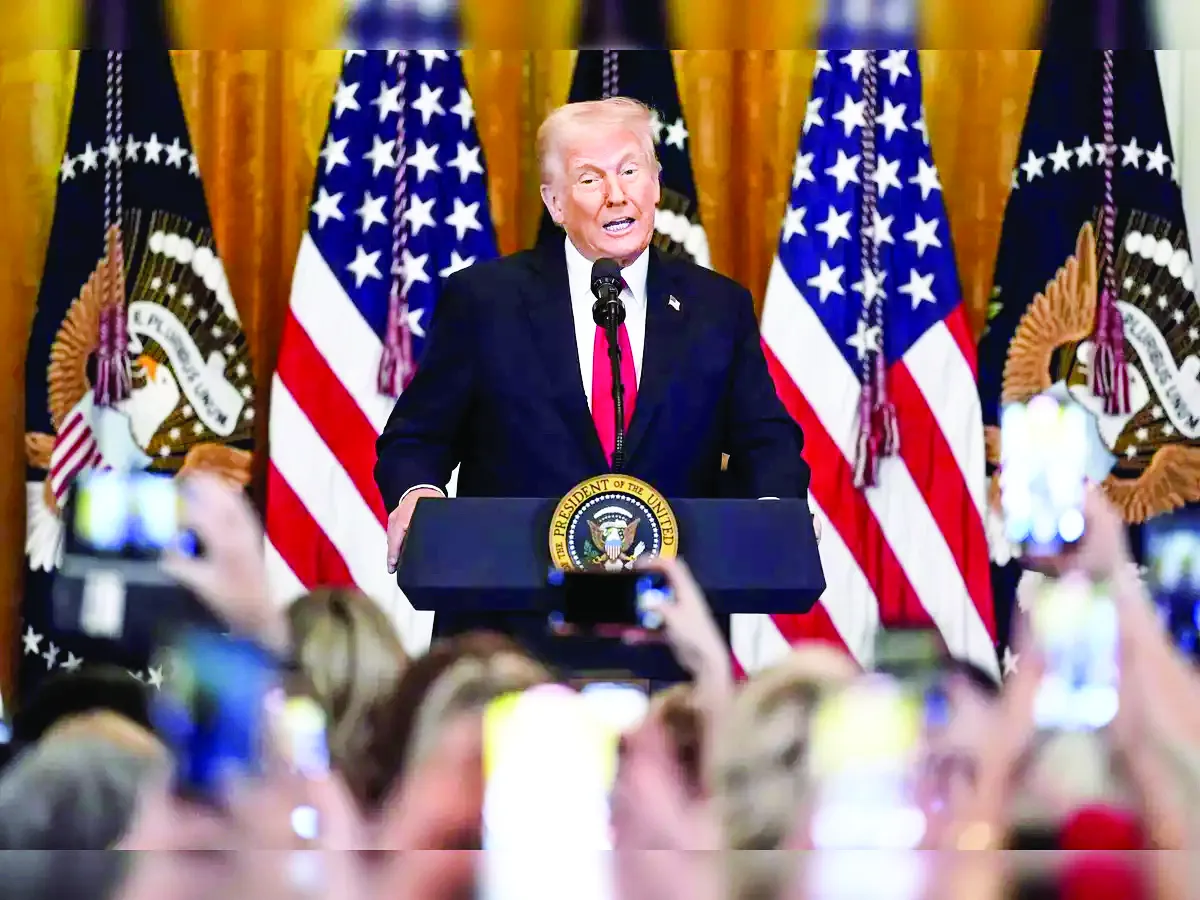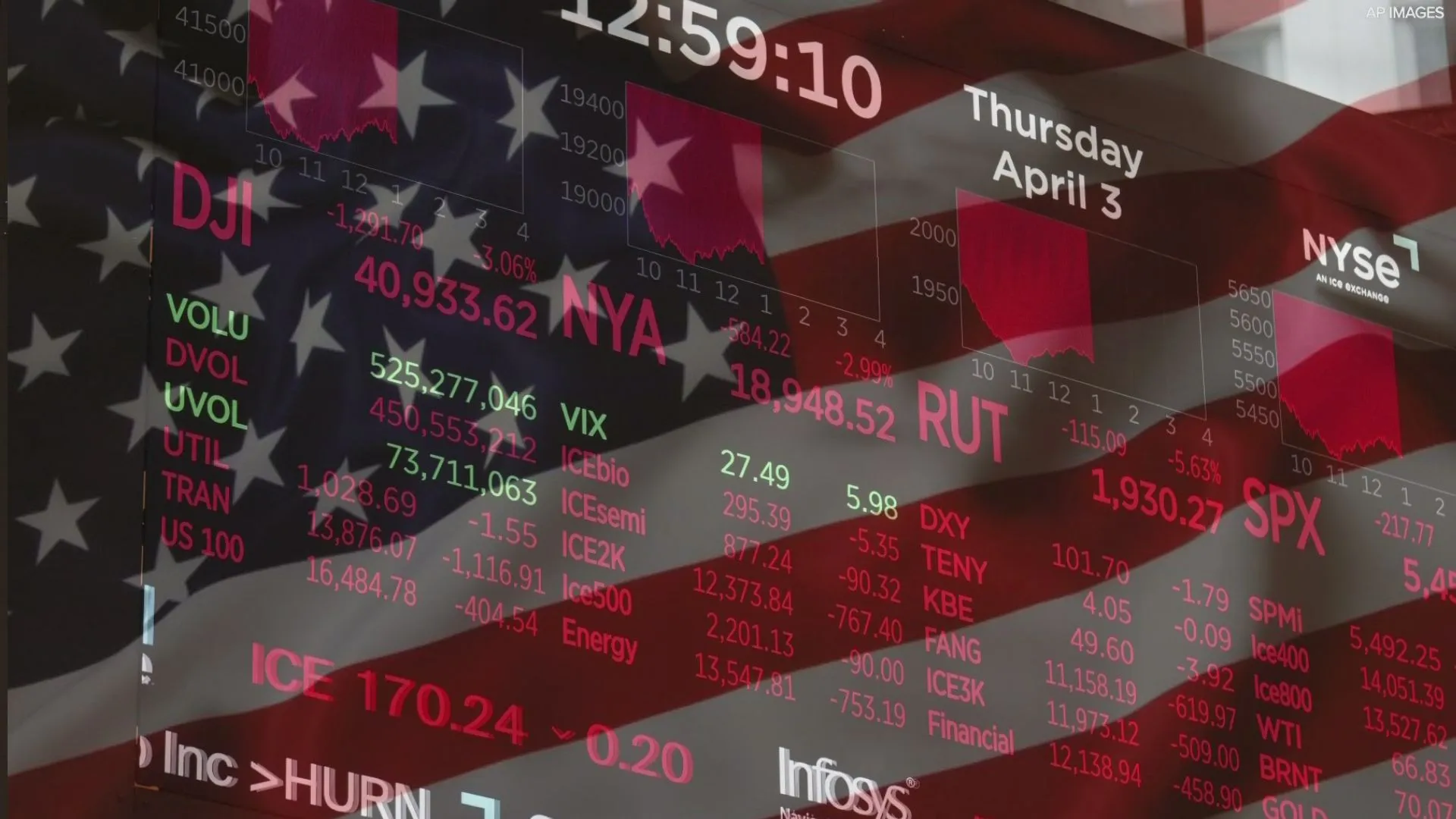The dynamic election campaign for the second phase of Lok Sabha elections concluded at 5 pm on Wednesday, with key figures from the BJP-led NDA and the opposition INDIA bloc making vigorous efforts to win over voters. As the campaign ended, a 48-hour silence period began, requiring political parties to cease all election-related activities in the polling constituencies.
On April 26, the second phase of elections will take place, covering 88 constituencies across 12 states and Union Territories. Additionally, the remaining portion of the Outer Manipur Lok Sabha constituency will also participate in the polling.
Key constituencies in the second phase
In southern India, the Lok Sabha constituencies of Wayanad and Thiruvananthapuram in Kerala are poised for high-stakes battles. Wayanad will see a triangular contest involving Congress leader Rahul Gandhi, BJP’s K Surendran, and CPI’s Annie Raja. Rahul Gandhi’s decision to contest against an INDIA bloc ally rather than an NDA candidate has strained relations between Congress and the Left, with Left leaders expressing disappointment that he didn’t directly challenge the BJP.
Meanwhile, in Thiruvananthapuram, BJP’s Rajeev Chandrasekhar will face off against Congress candidate and three-time MP Shashi Tharoor. Kerala will witness voting for all 26 seats on April 26, with counting scheduled for June 4. In the 2019 elections, Congress secured 19 out of 20 seats in the state, while CPI (M) won one seat, and BJP failed to make any gains.
In the second phase of the ongoing Lok Sabha elections, the political campaign intensified notably after PM Modi brought up Congress’s election promises outlined in its manifesto.
PM Modi alleged that if the grand old party comes into power, they would initiate a wealth survey to seize people’s assets, including their ‘Mangalsutra‘, thus taking away their lifelong savings.
In response to PM Modi’s statement, the Congress accused him of “lying to people and trying to mislead and scare them.”
The Election Commission of India announced that 1206 candidates from 12 States and UTs, along with 4 candidates from the Outer Manipur Parliamentary constituency, will contest in phase 2 of the Lok Sabha Elections.
According to the election commission, a total of 2633 nominations were submitted for the 88 parliamentary constituencies across 12 States and UTs participating in phase 2 of the Lok Sabha Elections.
The deadline for filing nominations for phase 2 in all 12 States and UTs was April 4.
Following the scrutiny of the 2633 nominations, 1428 were deemed valid. The last date for the withdrawal of candidature for all 12 States and UTs was April 8.
The first phase of polling encompassed 102 constituencies spanning 21 states and union territories (UTs), with full coverage in ten states and UTs, and partial coverage in 11 others.
As the energetic campaigns for the Lok Sabha elections begin, various political parties have made promises and assurances. Prime Minister Narendra Modi has introduced “Modi Ki Guarantee” as the core theme of his campaign, emphasizing youth development, women’s empowerment, and the well-being of farmers and marginalized communities. Meanwhile, the Congress is relying on its ‘Nyay’ assurances, aiming to deliver justice to different sections of society.
The BJP has launched a vigorous attack on the INDIA bloc, targeting corruption, dynasty politics, and allegations of insulting the Constitution and Hinduism.
In response, opposition leaders have criticized the government on issues such as electoral bonds, alleged misuse of agencies, inflation, and unemployment, among others.

